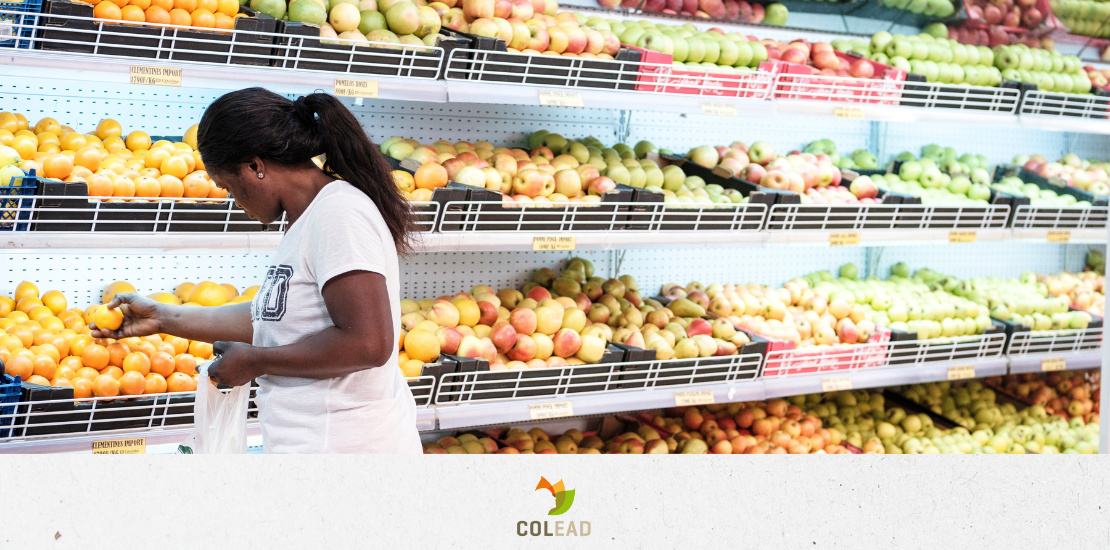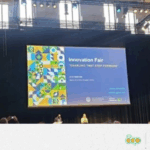- 03/11/2025
- Posted by: Sandra Borma
- Category: News

Six years after its first publication, the EAT–Lancet Commission on Healthy, Sustainable and Just Food Systems returns with a renewed vision in a world that has been profoundly transformed: geopolitical instability, soaring food prices, and the lasting impacts of the COVID-19 pandemic. These challenges highlight once again that food systems lie at the heart of global balance — food security, human health, environmental sustainability, social justice, and resilience.
While current systems have managed to feed the world’s population in caloric terms, they remain the main driver of planetary boundary transgression. More than half of the global population still lacks access to a healthy diet, with alarming consequences for public health, inequality, and the environment: setbacks in the fight against hunger, a continued rise in obesity, and worsening climate impacts.
Yet, the Commission underlines that food systems offer an unprecedented opportunity to strengthen environmental, economic and social resilience while improving human wellbeing and the stability of ecosystems.
New Directions for eating within planetary boundaries
This new edition provides updated scientific evidence and concrete tools for action, including:
- an updated version of the Planetary Health Diet;
- new methods to measure the impact of food systems on planetary boundaries;
- an in-depth exploration of food justice issues;
- new modelling and scenario analyses to guide the transformation of public policies and individual practices.
These recommendations lay the foundations for systemic transformation at all levels — global, regional, national, and local — combining human and planetary health within a framework of social justice.
Towards a central role for food systems in the post-SDG era
The Commission presents a roadmap for the post-2030 era, integrating the priorities of the European Green Deal, the Paris Agreement, and the Kunming–Montreal Global Biodiversity Framework.
It calls for a rethinking of food production, consumption, and governance as key levers of transformation to ensure a just social foundation while maintaining the stability of the Earth system.
Voices of the Commission
Led by Johan Rockström, Shakuntala Haraksingh Thilsted, Walter C. Willett, Line J. Gordon, Mario Herrero, Christina C. Hicks, and other renowned experts, the Commission also publishes a series of related analyses:
A Global and Just Future for Food – by Tamara Lucas and Richard Horton
Line Gordon: Developing the Future of Food Systems – by Aarathi Prasad
Fabrice DeClerck: Serving Sustainability for Planet, Plate, and People – by Niall Boyce
A vision shared by COLEAD
The conclusions of this new Commission strongly resonate with COLEAD’s vision and actions, which aim to make agri-food systems more sustainable, equitable, and resilient.
Through programmes such as Fit For Market Plus (FFM+), AGRINFO, and a range of national partnerships, COLEAD translates scientific recommendations into practical change on the ground: supporting agrifood MSMEs in adopting resource-efficient practices, improving the nutritional quality of products, strengthening food security, and ensuring the inclusion of small producers in sustainable markets.
By acting at the intersection of economic, environmental, and social dimensions, COLEAD directly contributes to the ambition championed by the EAT–Lancet Commission: building healthy, sustainable, and just food systems for all.
For more information : The EAT–Lancet Commission on healthy, sustainable, and just food systems





